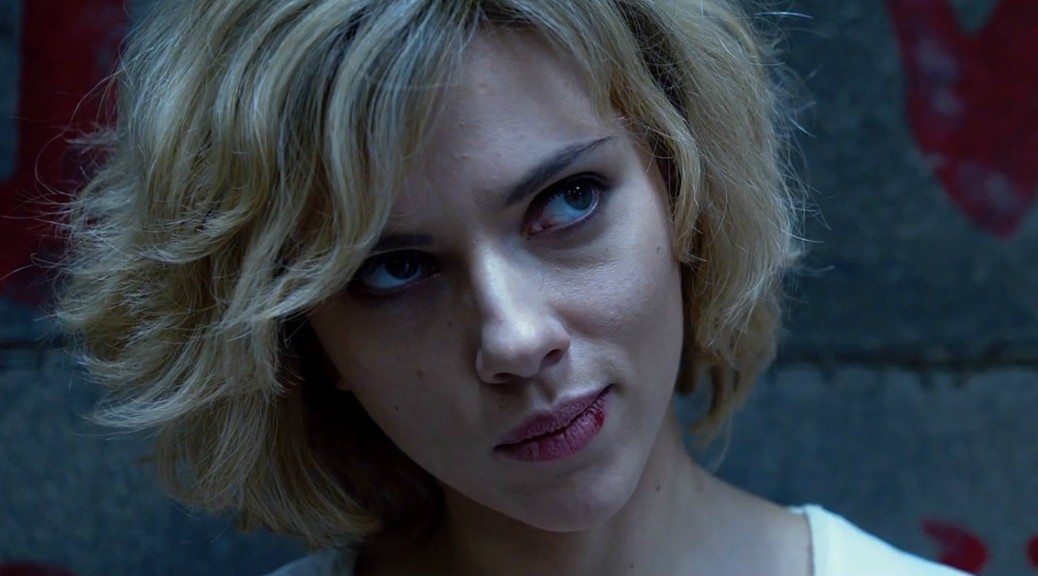The contemporary superhero movie runs on surprises that aren’t really surprises, more like plot and character elements that have been teased such that we know what’s coming. It’s the seeing it happen, the experiencing of the inevitable, that’s supposed to thrill us. To extend the familiar rollercoaster ride metaphor, we can plainly see the coaster’s twists and turns from the ground, but taking the ride still thrills. This is what Marvel Studios is banking on.
Whereas some some superhero films have drawn on genuinely interesting comic book plots (“Batman Begins,” “Watchmen”), “Civil War” wraps some thin comic plotting in deli paper to give us a to-go order of what the public wants: superheroes punching superheroes.
Continuing the recent trend of superheroes feeling crummy about all the destruction they’ve caused in the prior film, Captain America (Chris Evans) and the gang find themselves receiving public scrutiny. The Avengers, recall, are a ragtag group of superhumans who basically operate under their own authority and with the permission of their own good intentions. Cap, normally a smart fella, can’t seem to grasp why this might make folks uneasy.
But some members of the squad get it. Iron Man (Robert Downey, Jr.) wants to sign a document that will put The Avengers under the control of the U.N. Cap says “The safest hands are still our own.” Thus two factions form. The film seems to exist in a universe where the United Nations functions as a kind of global government that speaks with one voice, immediately, and without bureaucracy.
Daniel Brühl plays the villain, Helmut Zemo, a Sokovian national who hates The Avengers because they decimated his nation. Brühl is excellent in a role that’s written to maximize his humanity (in a running motif he speaks solemnly to his wife and child on the phone). His grudge against The Avengers is understandable. The superhero crisis-of-conscience motif lends itself to a sympathetic villain who, in a sense, has a better argument than the hero.
Once sides are drawn, one realizes that it doesn’t matter who is on what side. Black Widow (Scarlett Johansson) sides with Iron Man, Falcon (Anthony Mackie) and Ant-Man (Paul Rudd) with Cap. The other lesser superheroes get recruited onto their respective sides like a fourth-grade dodgeball game. Tony Stark makes a trip to Queens to recruit an underage Spider-Man (Tom Holland) under the pretense of awarding the young Peter Parker a grant. (Aunt May, played controversially by Marisa Tomei, has only a few lines, including the post-credits cookie, which reminds us that “Spider-Man will return.”) Why would the world’s foremost weapons innovator need the help of a reluctant superhero who has only been slinging webs for six months? Because everyone loves Spider-Man. Also early expositional dialogue lets us know that no one knows the whereabouts of Hulk and Thor.
Directors Joe and Anthony Russo show tremendous sensitivity to character and the various personality conflicts among superheroes that makes these films funny (funnier in the hands of Joss Whedon, but the Russos prove good mimics of Whedon’s wit). The film is most like a film when it takes the time to revel in a moment of character-based humor or wit. When seated in a car, for example, the Winter Soldier (Sebastian Stan) asks Falcon, whom he dislikes, if he could move his seat up. Falcon dryly says “Nnnope.” The brief gag underscores their distaste for one another while highlighting their established personalities. As with every such small detail, “Civil War” has the feel of a film that conducted a focus group inside the men’s room at Comic-Con.
There’s a magic ratio of fidelity to the comics against liberties taking that, when achieved, will be met with applause from comics fans. The Russos may have cracked that code better than any Marvel film to date. Which may be why “Civil War,” for all its humor and breakneck bombast, feels more pointless than its predecessors.
“Captain America: Civil War” — TWO STARS
Directed by Joe Russo and Anthony Russo. Rated PG-13. Marvel Studios. 147 min.



